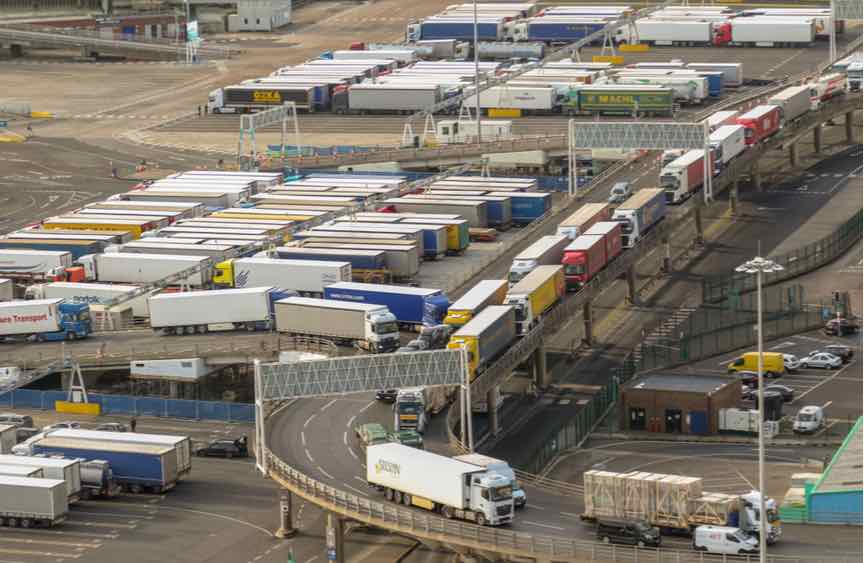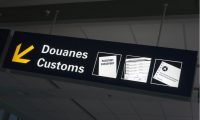
Life for the haulage industry operating between the UK and the EU/EEA is likely to get more complicated in the event that the UK exits the EU on the 31st October 2019 without a deal.
In this note, we highlight some of the key potential changes for which the transport industry can prepare in advance and which could affect services offered to SMEs.
Documentation
In addition to a UK driving licence and up-to-date passport, drivers of goods vehicles going to deliver goods within the EU, and/or ECMT countries, or to pick up goods for return to the UK are likely to need the following extra documentation:
- A valid International Driving Permit valid for the country or countries to be visited. There are three versions: 1949 IDP for Spain, Malta and Cyprus; 1926 IDP for Liechtenstein; and 1968 IDP for all other EU countries.
- An ECMT permit i.e. Permit to travel to or through European Conference of Ministers of Transport (ECMT) member countries. For example, to transport goods through France to deliver to Switzerland an ECMT permit would be required.
- ECMT ‘certificate of compliance’ and ‘certificate of roadworthiness’ for vehicles and trailers.
- Trailer registration plates and papers for commercial trailers weighing above 750kgs.
- If an international operator licence or licence is renewed after the UK leaves the EU, operators will need to apply for a ‘UK Licence for the Community,’ instead of the existing EU Community Licence.
- Motor insurance Green Cards for both the vehicle (and trailer if appropriate).
- Hauliers carrying goods in both directions between the EU and the UK will require Economic Operator Registration and Identification (EORI).
Other existing requirements are likely to be largely unchanged, albeit there will be some exceptions relating to specific territories, for example, Ireland. Transportation companies need to keep abreast of the changing regulatory landscape on a regular basis.
In terms of the types of journeys permissible, if the UK leaves without a deal on the 31st October 2019, the following types of journeys will be permissible until the 31st December 2019:
- Journeys between the UK and an EU state, e.g. between the UK and Belgium
- Journeys passing through an EU country in order to reach another EU country, for example, driving through France to reach Spain.
But Note:
- Limited cabotage or cross-trade will continue up to 31st October, but these rules will change from the day the UK leaves the EU.
- There will be a restricted ability to carry out two cabotage or cross-trade journeys within seven days of making an international journey up until 31st December 2019.
- After 31 December 2019, cabotage or cross-trade journeys will not be permitted for UK hauliers making journeys in EU countries.
- Journeys to the EU and EEA to a third country, for example, driving through France to get to Switzerland, will not be permitted without an ECMT permit.
There is a huge amount of additional detail relating to the future movement of vehicles and goods and hauliers should ensure they are familiar with this. Failure to understand the changing regulations that apply both to haulage companies and individuals will result in lengthy delays at customs and, potentially, significant financial penalties for those companies and individuals that fail to comply. It is thus incumbent on haulage companies to keep themselves up to speed with the direction of regulation and for companies using haulage services to satisfy themselves that their transport providers are fully prepared for the consequences of a No-Deal Brexit.



























































































